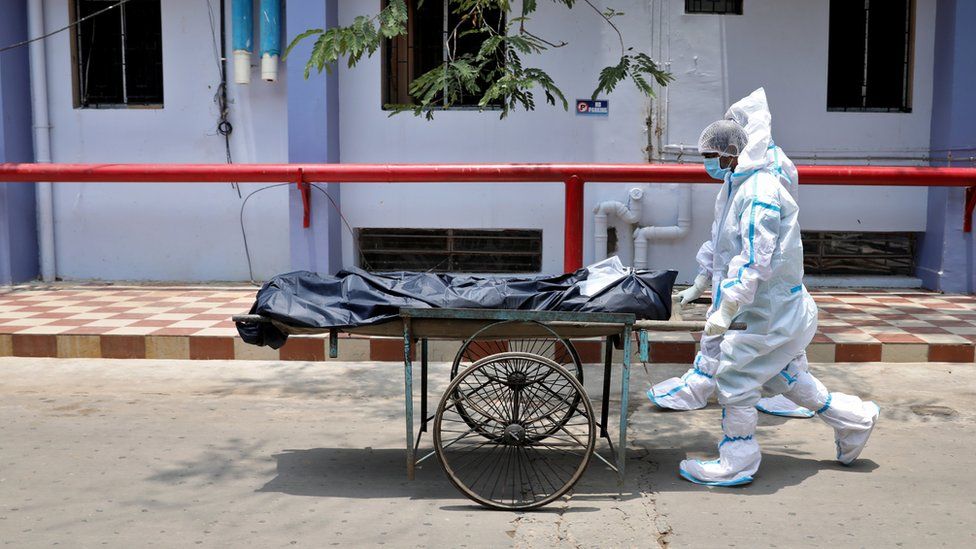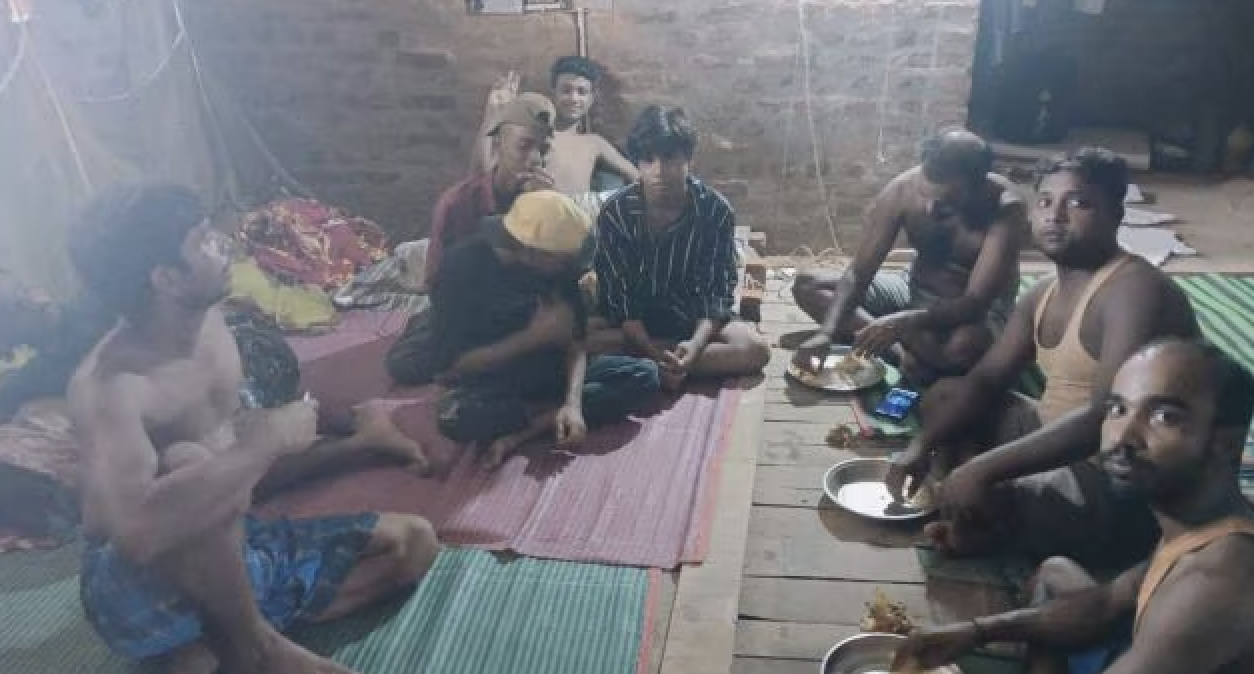
By Sima Kotecha
The Foreign Contribution Regulation Act (FCRA) was amended at the height of the first wave of the coronavirus pandemic last year.
The changes mean non-government organisations (NGOs) operating in India can’t distribute any foreign contributions to other groups, and all funding from abroad must be placed in a specific bank account in the capital, Delhi.
At the time of implementation, the Indian government said the new rules were intended to bring “greater transparency” and “stop the misuse of foreign funds by some people”.
Jennifer Liang is a co-founder of NGO The Ant, and says the legislation is costing lives.
She told Newsnight the legislation had stopped her organisation from distributing oxygen concentrators from foreign donors and supplying them to the government, because they were unable to open a new bank account in Delhi.
India is in the midst of a medical crisis as the death toll from coronavirus continues to climb.
The official figures say more than 250,000 people have died from the virus but some experts believe the real figure is many times higher. Many hospitals are overwhelmed, and oxygen is in short supply.
The FCRA rules include:
- NGOs and charities having to register under the FCRA before they can function
- Any funding coming from abroad must be put into specific branches of the State Bank of India in Delhi, as notified by the government
- NGOs can no longer distribute foreign contributions (money and supplies) to other charities, so subcontracting is forbidden
Newsnight has spoken to 10 organisations that say the legislation is causing unnecessary delays to Covid relief aid, due to additional form-filling and complex rules around distributing funds.
Aakar Patel, former head of Amnesty International India, says the law criminalises the acceptance of aid by NGOs.
“Even if you’re working on Covid, the law makes it very difficult for you to be able to even accept foreign aid coming in without being in violation of the law,” he said.
Reports suggest PM Narendra Modi has been suspicious of foreign-funded activity. In the past he has accused mainstream charities of halting economic growth.
Human rights lawyer Jhuma Sen told Newsnight that the legislation tried to silence those speaking out against the government. He said that if a member of an NGO took part in a protest, it often resulted in FCRA cancellation.
Narendra Taneja, leader of India’s ruling party, the BJP, vehemently defends the legislation.
“It has been debated by parliament, passed by parliament,” he said. “We expect other countries to respect our laws. We are a sovereign country.”
As the Covid crisis deepens, there are concerns that the smaller non-profit organisations in rural parts of India will suffer the most without the support of funding from larger groups.
NGOs warn an increase in bureaucracy is adding to delays the country cannot afford at this critical time.
This story first appeared on bbc.com






